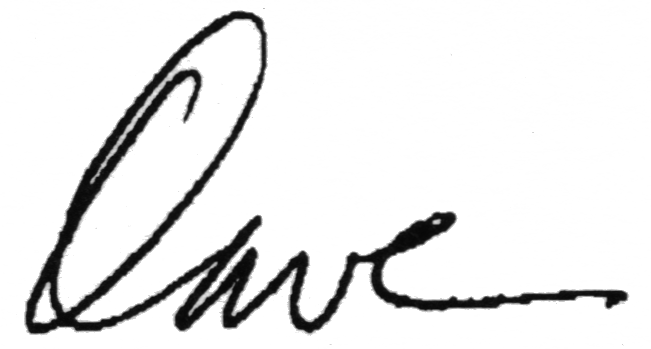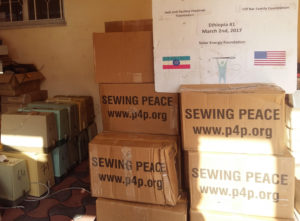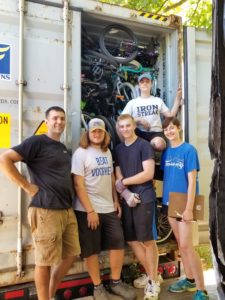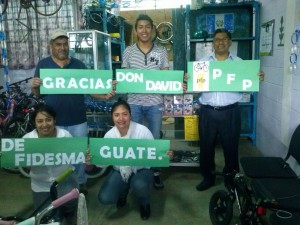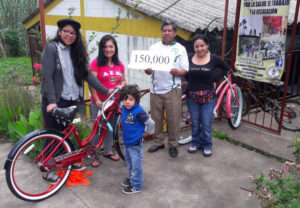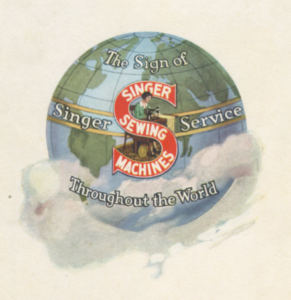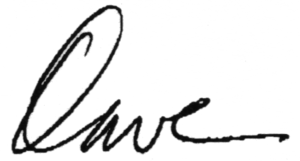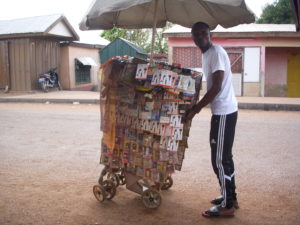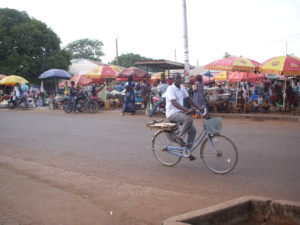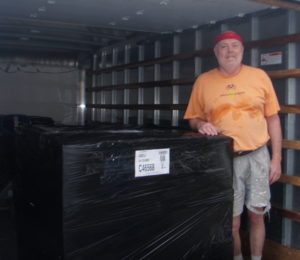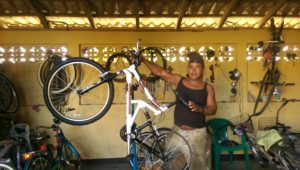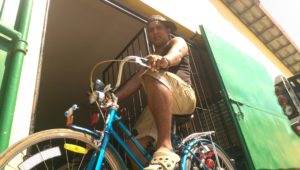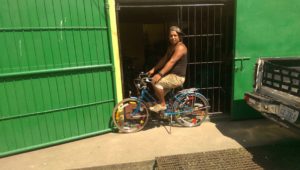Summer 2017 InGear
In April of 2017 Pedals for Progress collected and shipped its 150,000th bicycle.
Dave Schweidenback, our founder and president, tells the story of his initial goal in 1991: ship 12 bicycles to the region of his Peace Corps service in Ecuador. His initial estimate is short, so far, by a factor of 12,500.
Our Partners
P4P has shipped to 36 countries, from Albania to Vietnam. We’ve shipped 2 bikes to Papua New Guinea and 42,672 bikes to Nicaragua. We’ve made one shipment each to India, Jamaica, Kenya, Malawi, Pakistan, Papua New Guinea, Sri Lanka, and Venezuela. We’ve made 82 shipments to Nicaragua, 40 to El Salvador, 32 to Ghana, 19 to Guatemala, and 18 to Barbados. As of June, 2017, we’ve made 378 bicycle shipments and 24 independent sewing machine shipments.
Programs end because of changes in our partner organizations, import laws and fees, bureaucracy, and sometimes outright corruption. But most countries are eager for the programs we support—the economics make sense for our partners and the bikes clearly improve the lives of the people in their communities. We always have more demand than we can fill.
As of June, 2017, our active partners with both a bicycle program and a sewing program are Albania, Ghana, Guatemala, and Nicaragua. Our active partners with sewing programs only are Ethiopia, Kenya, Kyrgyzstan, Liberia, Tanzania, and Uganda.
Choosing partners is not an exact science. Groups from around the world find us in several different ways, including the internet, magazine articles and other publications, and word of mouth. P4P has a formal procedure that potential partners use to request a shipment. They make a proposal that gives us basic information about their location, size, history, and business plan. In some cases P4P can find a way to fund a first shipment, but our business model is that the partner must pay for shipping; that payment is more evidence of their good faith.
Some of our partners we know only at a distance. Other partners we have met personally, in the U.S. and in their home countries. We have seen their kids grow up and join P4P partner businesses. We have taken terrifying auto rides with insane drivers, hiked and biked through spectacular countryside, visited their bike shops and their business, educational, and health programs. We are continuously impressed by the generosity, resourcefulness, and hard work of our partners and their communities around the world.
Bike Number 1: 1991
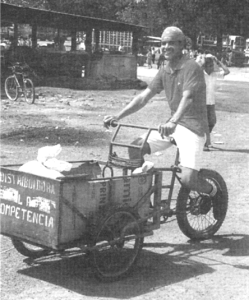
For its first couple of years, P4P shipped bikes as part of shipments from other groups. We sent our very first bikes to Nicaragua, though to a partner we no longer have.
In 1992 we made our first shipment to Rivas, Nicaragua, where Wilfredo Santana had the business that became EcoBici, which is still our partner today. In 1993 P4P started filling its own containers, and Wilfredo and Dave worked out the revolving fund idea: P4P would pay for the collection of bikes in the U.S., our partner would pay shipping costs, and the partner would make enough profit selling, maintaining, and repairing the bikes to pay for the next shipment.
Bike Number 50,000: 2001
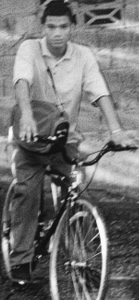
We can’t find any specific information about the 50,000th bike we shipped. Our records show that it must have been 2001. We shipped 20 containers that year, and we were nearing our peak production. In 2001 we shipped to South Africa, Honduras, Nicaragua, Barbados, Panama, El Salvador, Ecuador, and Ghana. Perhaps we were too busy collecting, prepping, and shipping bikes to notice the 50,000-bike milestone.
Let’s just pick one of our 2001 bikes and pretend that it is number 50,000. Here’s a typical happy story about how bikes improve lives: A note from Panama in our Fall 2001 InGear newsletter tells the story of seventeen-year-old Jose Luis Bethancourt, who was ready to drop out of school because of family finances. His commute to school by bus not only cost money, but took hours because of traffic, so Jose had no time for a job that would raise income for the family. He got his first-ever bike from P4P, which eliminated the bus fare and dramatically reduced his commute time. As a result, Jose had time for a job as well as for school.
Bike Number 100,000: 2006
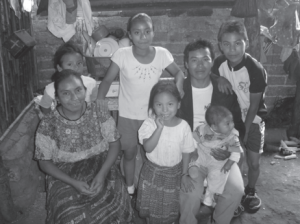
We got our 100,000th bike at a collection sponsored by the Somerset Hills Kiwanis on June 24th, 2006, at the Sunset Inn in Clinton, New Jersey. Leonard Lance, then a New Jersey State Senator, was on hand to thank the surprised donor. Now in 2017 Leonard Lance is the U.S. Congressional Representative of the New Jersey 7th District. So P4P can improve the lives of U.S. politicians as well as people in our partner countries!
We shipped the 100,000th bike to FIDESMA in Guatemala, one of our most long-standing partners. P4P’s Reykha Bonilla followed the bike to Guatemala, met our good friends and partners at FIDESMA, and met the owner of P4P bike 100,000, Mateo Patzan, a working father of 5 and amateur bike racer. The Fall 2006 InGear newsletter has the whole story of bike number 100,000.
Bike Number 150,000: 2017
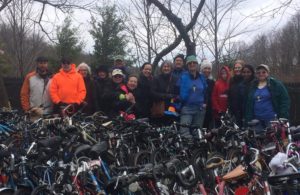
Fast forward to 2017. On April 1, the Long Island Returned Peace Corps Volunteers collected P4P bike number 150,000. On April 22 we loaded the bike into a container bound for FIDESMA, the same destination as bike number 100,000. At midday, June 6th, the bike arrived at FIDESMA in San Andrés Itzapa, Guatemala. It’s fitting that these are the groups that collected and received our 150,000th bike.
The Long Island RPCVs have been one of our most successful collection partners. They rotate collections around Long Island to maximize their reach. Their first P4P collection was in 2003, their second in 2005, and they’ve held collections every year since. The Long Island RPCVs are featured in this article from Summer 2011.
We’ve already mentioned FIDESMA, our Guatemala partner, because they got our 100,000th bike in 2006. FIDESMA has been our partner since 1999. We are good friends as well as professional partners with the principals. For example, the summer 2012 InGear newsletter has this article about a visit to New Jersey from Señora Maria Margarita Caté de Catú, founder of FIDESMA.
[At publication time for this Summer 2017 newsletter, bike 150,000 did not have an owner. Now that it does we can tell the whole story.]
What’s Next
In 2016 P4P had the first uptick in bicycle collections since 2001. Let’s hope bike collections continue to improve.
Even though we are celebrating a bicycle milestone, we should mention sewing machines. Since 1999, P4P has shipped sewing machines along with bikes. Like bikes, sewing machines give people a way to improve their economic circumstances. A sewing machine can be a job in a box. In 2015 we created the Sewing Peace brand as an option for carrying on our sewing machine activities separately from our bicycle activities. If only sewing machines are involved, we have multiple advantages: with collections, with shipping, and with partnering. For collections, we can target groups more likely to have sewing machines to donate. For shipping, we can send much smaller loads, loads that do not take a full container, and so are much cheaper to ship. And for partnering, we can find groups abroad that may not have the capacity or expertise to deal with 500 bikes at a time, or that may not even have a bicycle program.
So we are now the same single organization, but doing business both as Pedals for Progress and as Sewing Peace. It’s been a rewarding 26 years. We look forward to many more.
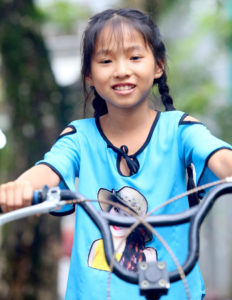
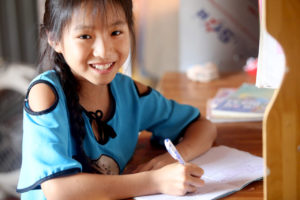 At the end of August, her mother got a second loan of $400 from Dariu, which, together with the profit of $230 from selling the chickens, she invested in raising a cow. She expects that she could earn $800 from this business by end of 2019, along with an annual profit of around $2,400 from selling lottery tickets. This money should help her repair the house and invest in her children’s education.
At the end of August, her mother got a second loan of $400 from Dariu, which, together with the profit of $230 from selling the chickens, she invested in raising a cow. She expects that she could earn $800 from this business by end of 2019, along with an annual profit of around $2,400 from selling lottery tickets. This money should help her repair the house and invest in her children’s education.
